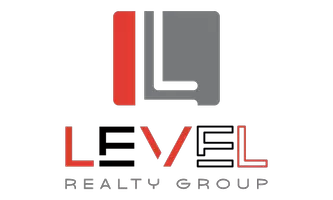Commercial Real Estate - Buying Commercial Properties

Buying commercial real estate
Introduction
If you're looking for a great long-term investment, commercial real estate might be the right choice for you. But before you dive in, there are some things to consider. This article will help guide you through the process of buying commercial real estate so that your real estate investment stays profitable and secure for years to come.
Commercial real estate is a large investment. Find the right professional to help you with all aspects of commercial real estate in your area.
-
Commercial real estate is a large investment. Find the right professional to help you with all aspects of commercial real estate in your area.
-
A buyer's agent will help negotiate the best deal possible for you, which can save thousands of dollars on average. Ask your agent about whether they are working in your best interest or theirs, and if so why? Also ask them what their track record is like when it comes to getting properties sold at the highest possible price in your area.
-
An accountant can help determine how much money you should spend on commercial real estate based on how much cash flow it generates after expenses and taxes are paid off each month/yearly etc etc.. The accountant will also provide valuable advice on things like tax shelters, depreciation schedules etc..
Talk to the property's current owner. Ask them why they are selling, and how they feel about the property.
The first step to purchasing commercial real estate is to meet with the current owner and briefly discuss their plans for selling the property. This can be as simple as asking them why they are selling, and how they feel about it. The key here is to gauge their attitude toward the sale—are they excited to move on with their lives, or are they still very attached to this place?
This will give you a good idea of how trustworthy your potential new business partner will be, especially if there have been previous issues with other tenants who have abandoned their leases without warning. You'll also learn about what kind of people have occupied a space before, which can help you understand any quirks that might exist in office spaces or warehouses (e.g., having bad cell phone reception).
Ask the seller for the last year's financial records for the property, so you can really understand its potential.
You'll want to make sure you ask for the seller's financial records for the property. These will show how much money the property made, how much it cost to operate, and whether or not there are any apparent financial issues.
For example: If a building makes $100,000 per year in net income but costs $120,000 to operate (due largely to an outdated HVAC system), then clearly that's not a good deal. That building might be worth buying if it was also inexpensively rentable by local businesses or organizations—but if not, then perhaps it would be better just to keep renting space at other locations until such time as you can find a suitable commercial space with low operating costs and higher potential profits.
When you get into negotiations with the seller, be assertive but respectful, and take a look at these negotiation tips.
When you're entering into negotiations with a seller, be assertive but respectful. Have a professional help you with your negotiating strategy. If someone is selling property, it's likely that they need to sell it quickly and for the best price possible. In other words, if you give them what they want, then they'll likely be more willing to work with you on other issues during negotiations.
When negotiating with commercial real estate sellers:
-
Don't overpay for something that isn't worth it—be prepared to walk away from a deal if necessary!
-
Know your limits and don't get carried away by an inflated sense of urgency or excitement about buying something new—if doing so would mean making poor decisions later down the road (such as not being able to afford monthly payments), then there may be better ways (like renting) in which this could happen instead.
If you need a commercial loan, talk to your trusted lending expert and find out what you need to qualify.
If you need a commercial loan, talk to your trusted lending expert and find out what you need to qualify.
-
How much can I borrow?
-
What will my monthly payment be?
-
Are there any penalties for paying off the loan early?
-
What prepayment penalties will apply if I pay off my loan before it matures?
Don't rush in without doing your due diligence. Look closely at all aspects of the property and its operations that affect your investment decision.
-
Do your research. It's important to take the time to do your due diligence before buying a commercial property. If you're planning on buying an office building, for example, it would be wise to check out the financials of similar buildings in the area in order to determine if this one is a good investment opportunity. Look at current occupancy rates and compare them with what they were five years ago or more; this will help you determine how well this particular property has held its value over time.
-
Talk to the current owner (if possible). If possible, talk with someone who already owns or has owned this type of property and ask them questions about their experience—what was difficult? What worked well? How long did it take them before they started making money off their investment?
You should hire an appraiser, surveyor, and inspector to evaluate the property if possible. Their professional opinions might help you decide whether or not this is the right purchase for you.
You should hire an appraiser, surveyor, and inspector to evaluate the property if possible. Their professional opinions might help you decide whether or not this is the right purchase for you.
If you don't have the time or money to hire them, ask the seller for references of people who have used their services in the past.
Buying commercial real estate is like buying a business along with some buildings and land.
Buying commercial real estate is a long-term proposition. It’s not like buying a used car. You are not just getting the land or building, but you are also getting the business that lives there and all its good and bad attributes.
You need to understand the financials of the business and make sure it is profitable enough to support your investment. You also need to know about the property, its history, and market conditions in that location if you want your investment to be successful over time.
Buying commercial real estate requires professional help from an experienced team of experts who have done this kind of transaction before.
Conclusion
Commercial real estate is a large investment. Find the right professional to help you with all aspects of commercial real estate in your area.
Talk to the property's current owner. Ask them why they are selling, and how they feel about the property.
Categories
Recent Posts


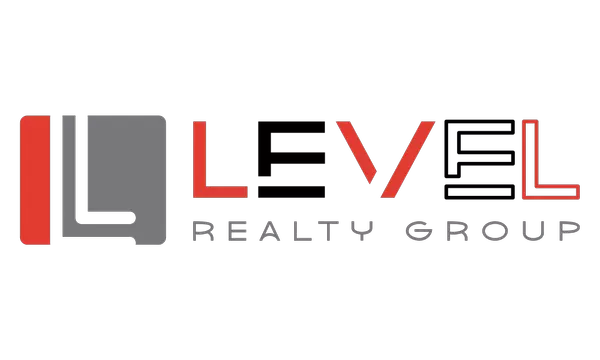
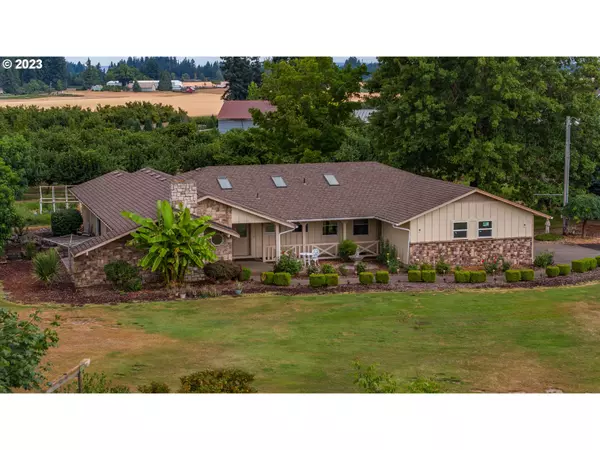



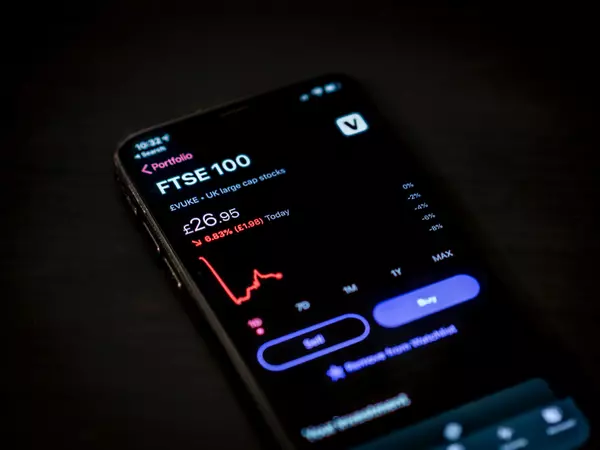


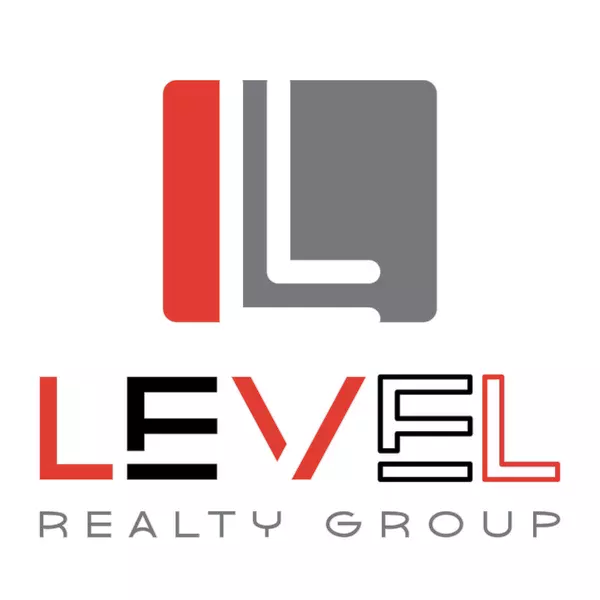
“My job is to find and attract mastery-based agents to the office, protect the culture, and make sure everyone is happy! ”
3723 Fairview Industrial DR SE, Suite 190, Salem, OR, 97302, United States
